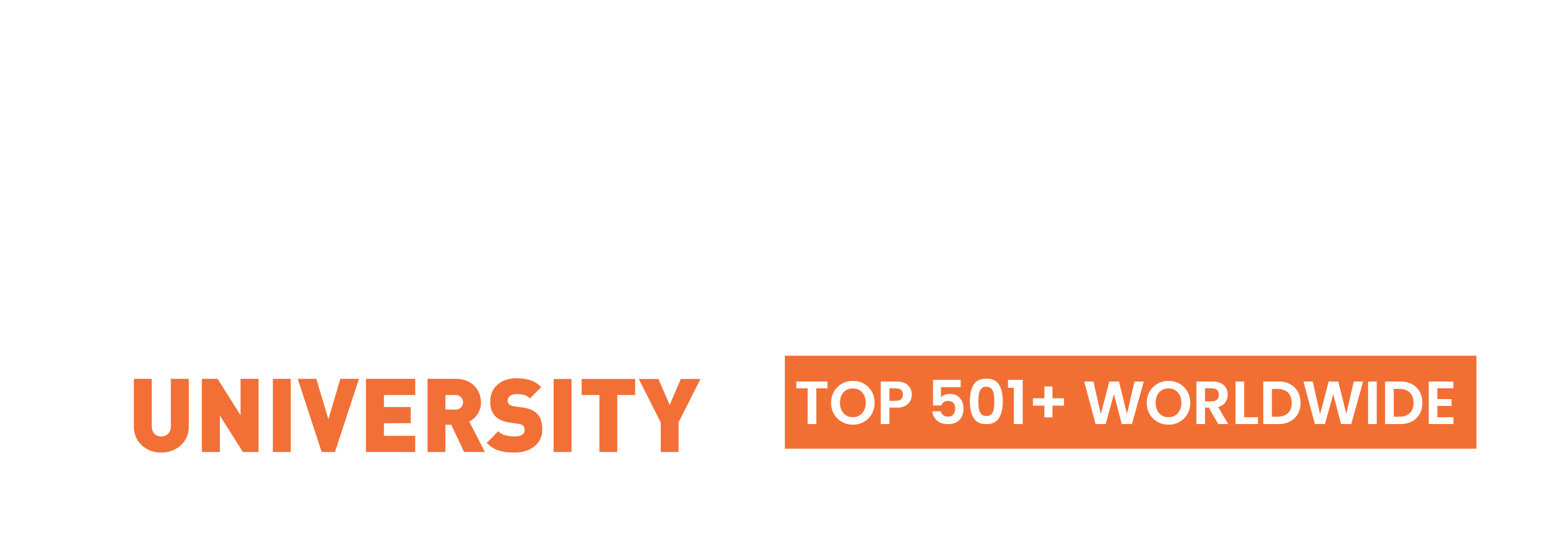Mô tả vắn tắt học phần
1. Tên học phần:
2. Ngôn ngữ giảng dạy:
3. Mã học phần:
4. Bộ môn phụ trách giảng dạy:
5. Trình độ:
6. Số tín chỉ:
7. Phân bổ thời gian:
- Đối với hoạt động trên lớp:
- Lý thuyết: 30 hours
- Làm việc nhóm, thảo luận:: 15 hours
- Đối với hoạt động tại phòng máy tính, phòng mô phỏng, …:
- Thực hành, làm việc nhóm, thảo luận
- Tự nghiên cứu, tự học: 105 hours
- Đồ án, Đề án, Dự án
- Thực tập
8. Tính chất học phần:
9. Ngành áp dụng:
Commercial Business, Logistics and Supply Chain Management, International Business
10. Điều kiện tiên quyết:
11. Mục tiêu học phần:
12. Mô tả vắn tắt nội dung học phần:
Môn học cung cấp kiến thức về các nguyên tắc nền tảng trong thiết lập hoạt động thương mại hàng hóa và dịch vụ quốc tế, cũng như trong vận chuyển nguồn vốn và lao động xuyên quốc gia. Thêm vào đó, môn học giúp sinh viên hiểu biết các hình thức liên kết thương mại quốc tế giữa các quốc gia; đồng thời phân tích được tác động từ các công cụ chủ yếu của chính sách thương mại, đánh giá được hiệu quả kinh tế của chúng, cũng như giải quyết các vấn đề phát sinh khi áp dụng chúng trong thực tế. Ngoài ra, môn học trình bày những đặc điểm kinh tế của các thoả thuận thương mại khu vực, chẳng hạn như các khu vực mậu dịch tự do, liên minh hải quan và thị trường chung. Môn học sẽ giúp hoàn thiện kiến thức và tư duy phân tích của sinh viên về môi trường kinh doanh quốc tế, chú trọng vào hoạt động ngoại thương.
